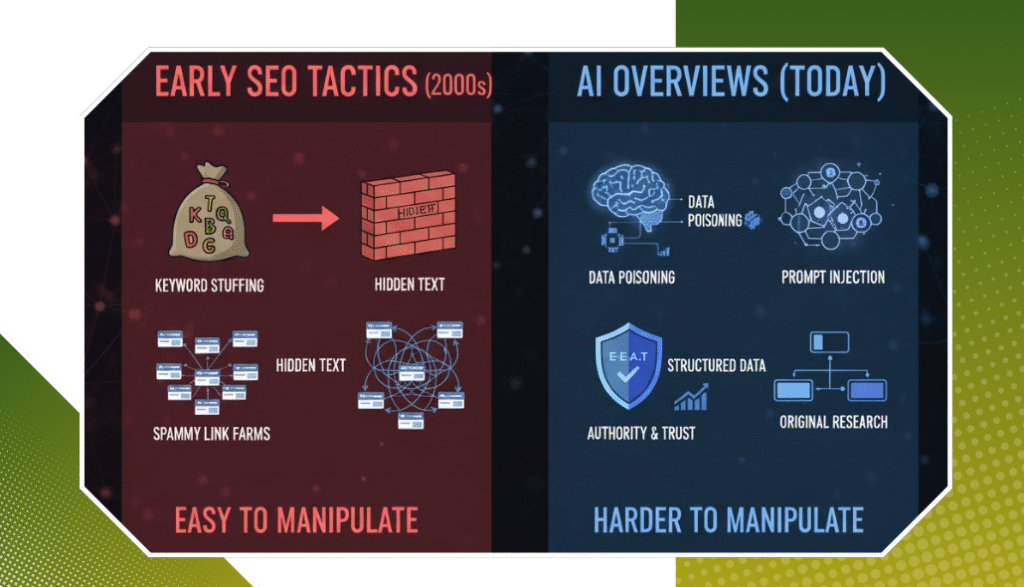The Rise of AI Chatbots in Digital Marketing
Sydney’s digital marketing scene has always been at the forefront of innovation, and AI chatbots represent the next significant leap forward. These intelligent systems are more than just automated response mechanisms; they’re sophisticated communication tools that can understand context, learn from interactions, and provide personalised experiences at scale.
Traditional customer service models often struggle with response times, consistency, and personalisation. AI chatbots solve these challenges by offering instantaneous, 24/7 support that adapts to individual customer needs. For Sydney-based businesses, this means the ability to provide world-class customer service without exponentially increasing human resource costs.
Personalisation at Scale
One of the most compelling advantages of AI chatbots is their ability to deliver hyper-personalised experiences. By analysing previous interactions, purchase history, and user behaviour, these intelligent systems can tailor conversations and recommendations in real time. A local Sydney retail brand, for instance, can use a chatbot to present products based on a consumer’s browsing history, previous purchases, and even current location.
Machine learning algorithms continuously improve these interactions, making each conversation more refined and effective than the last. This level of personalisation was previously impossible with traditional marketing approaches, creating a significant competitive advantage for businesses willing to embrace AI technology.
Enhanced Customer Engagement
Sydney’s consumers are increasingly tech-savvy and expect seamless, instant communication. AI chatbots meet these expectations by providing immediate responses across multiple platforms – websites, social media, messaging apps, and more. They can handle multiple dialogues simultaneously, reducing wait times and improving overall customer satisfaction.
Moreover, these chatbots aren’t limited to simple query resolution. Advanced AI systems can handle complex interactions, including product recommendations, booking services, troubleshooting, and even emotional intelligence-driven support. This multi-layered approach transforms customer service from a transactional experience to an engaging, valuable interaction.
Data-Driven Marketing Insights
Beyond customer interaction, AI chatbots are powerful data-collection tools. Every conversation generates valuable insights into customer preferences, pain points, and behaviour patterns. Sydney businesses can leverage this data to refine their marketing plans, product development, and customer experience strategy.
For example, an e-commerce company can analyse chatbot conversations to identify common customer questions, product interests, and potential areas of improvement. This real-time feedback loop allows for agile marketing strategies that can quickly adjust to changing customer needs.
Economic and Efficiency Benefits
Implementing AI chatbots offers significant economic advantages for Sydney businesses. By automating routine customer interactions, companies can reduce operational costs while simultaneously improving service quality. A single AI chatbot can handle the workload of multiple human agents, providing consistent, error-free support.
Small and medium enterprises, which form the backbone of Sydney’s economy, can particularly benefit from this technology. Chatbots level the playing field, allowing smaller businesses to offer enterprise-level customer service without substantial infrastructure investments.
Overcoming Implementation Challenges
While the benefits are clear, implementing AI chatbots isn’t without challenges. Businesses must invest in robust AI technologies, ensure data privacy, and create conversational flows that feel natural and helpful. Continuous training and refinement are crucial to maintaining the effectiveness of these systems.
Fortunately, Sydney’s thriving tech ecosystem offers numerous resources and expertise to help businesses navigate these implementation challenges. Local AI development firms, tech incubators, and educational institutions are actively supporting companies in their digital transformation journeys.
Industry-Specific Applications in Sydney
Different industries in Sydney are discovering unique applications for AI chatbots. In the hospitality sector, chatbots are revolutionising booking experiences for hotels and restaurants, providing instant reservations and personalised recommendations. Financial services are using AI to offer 24/7 customer support, helping clients with account inquiries, transaction histories, and even basic financial advice.
Real estate agencies are implementing chatbots to pre-qualify potential buyers, schedule property viewings, and provide instant information about listings. These industry-specific applications demonstrate the versatility of AI technology in addressing specific market needs while enhancing customer engagement.
Local Sydney Market Adaptation
Sydney’s diverse and dynamic market presents unique challenges and opportunities for AI chatbot implementation. Multicultural businesses are leveraging advanced language processing to communicate effectively with various demographic groups. Local startups are particularly innovative, using chatbots to create niche market solutions that larger corporations might overlook.
The city’s startup ecosystem in areas like Fishburners and Stone & Chalk is driving AI chatbot development, creating solutions that are not just technologically developed but culturally sensitive. This localised approach ensures that chatbots aren’t just generic communication tools but tailored experiences that resonate with Sydney’s unique business landscape.
Future Trends and Predictions
The future of AI chatbots in digital marketing looks incredibly promising. We can expect increasingly sophisticated natural language processing, deeper integration with other AI technologies like predictive analytics, and more nuanced emotional intelligence capabilities.
Emerging technologies like augmented reality (AR) and voice-based interactions will likely be integrated into chatbot experiences, creating even more immersive and interactive customer engagement models.
Ethical Considerations
As AI becomes more prevalent, ethical considerations around data use, privacy, and transparency become paramount. Sydney businesses must prioritise responsible AI implementation, ensuring customer data is protected and chatbot interactions remain respectful and valuable.
Conclusion
The integration of AI chatbots in digital marketing represents a transformative shift in how businesses in Sydney interact with their customers. These intelligent systems offer unprecedented levels of personalisation, efficiency, and insights, providing a glimpse into the future of customer communication.
For businesses looking to stay competitive in Sydney’s dynamic digital landscape, embracing AI chatbot technology isn’t just an option—it’s a strategic imperative. The potential for improved customer experiences, operational efficiency, and data-driven marketing is simply too significant to ignore. Contact Us at Rankingeek Marketing Agency and get ready to boost your digital marketing plan with AI chatbots!




